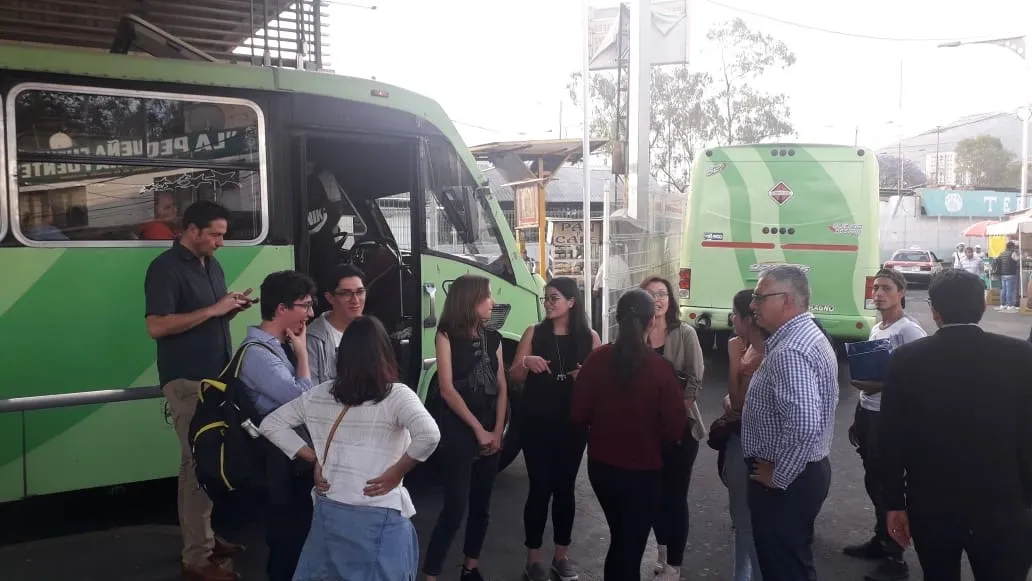Volkswagen has launched its mobility solution in Rwanda in a bid to expand its reach in Africa's automotive industry. The package includes a car-sharing service, ride hailing service and a local vehicle assembly plant.
The car-sharing service will mainly be aimed at companies in the capital Kigali, while the ride hailing service will follow later this year.
Meanwhile, the assembly plant will be used to develop the latest Polo and Passat vehicles. Volkswagen says it intends to build up to 1,000 vehicl
July 17, 2018
Read time: 2 mins
The car-sharing service will mainly be aimed at companies in the capital Kigali, while the ride hailing service will follow later this year.
Meanwhile, the assembly plant will be used to develop the latest Polo and Passat vehicles. Volkswagen says it intends to build up to 1,000 vehicles per year depending on demand and the success of the mobility fleet, with an annual production capacity of up to 5,000 units. The German automotive manufacturer is expected to spend $20m.
Thomas Schäfer, CEO of Volkswagen South Africa, says the package is tailored to the region: “We intend to harness the opportunities for growth and create new opportunities.”
Volkswagen is already active in South Africa, Nigeria, Kenya and Algeria.








